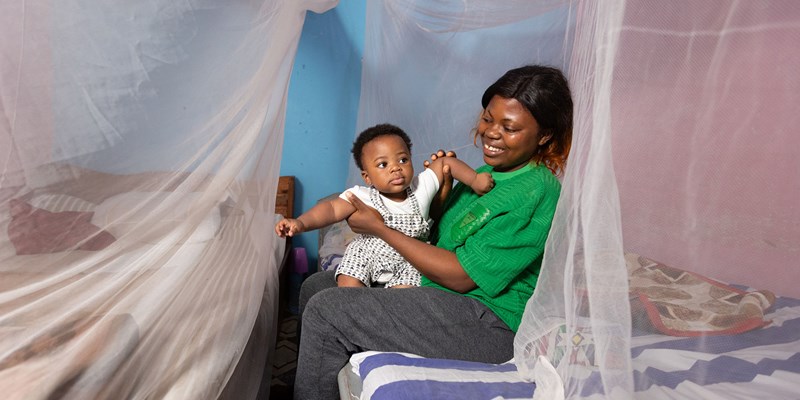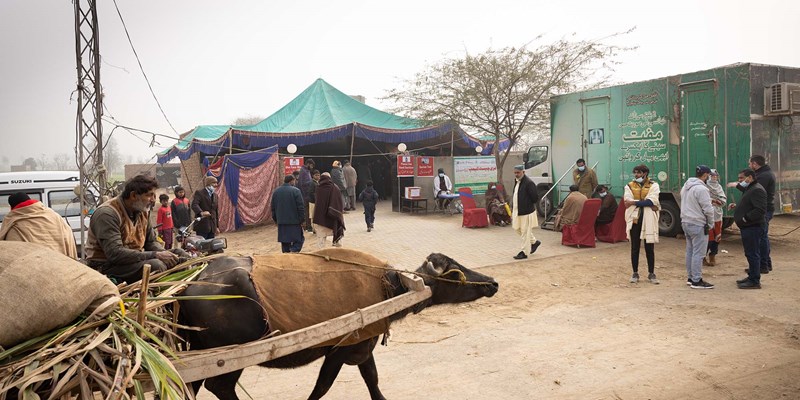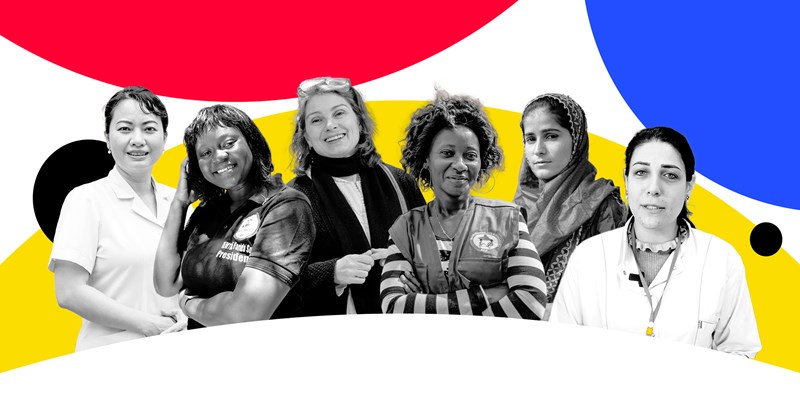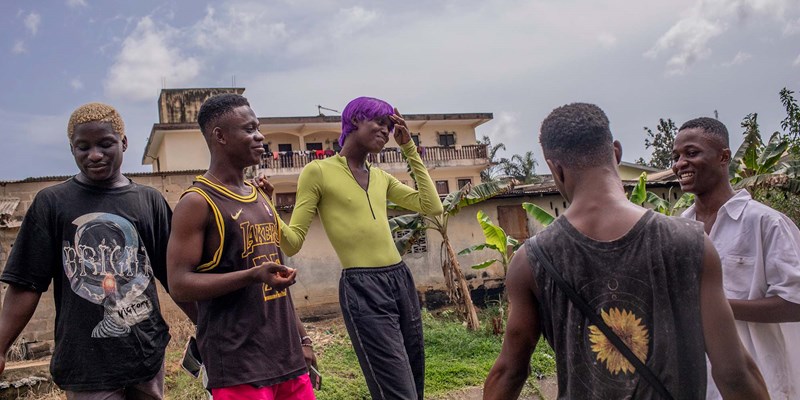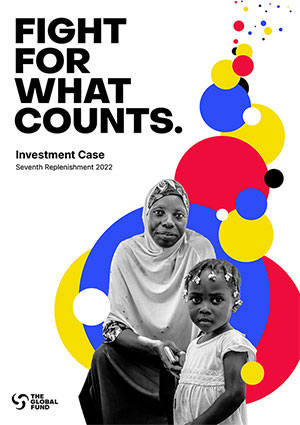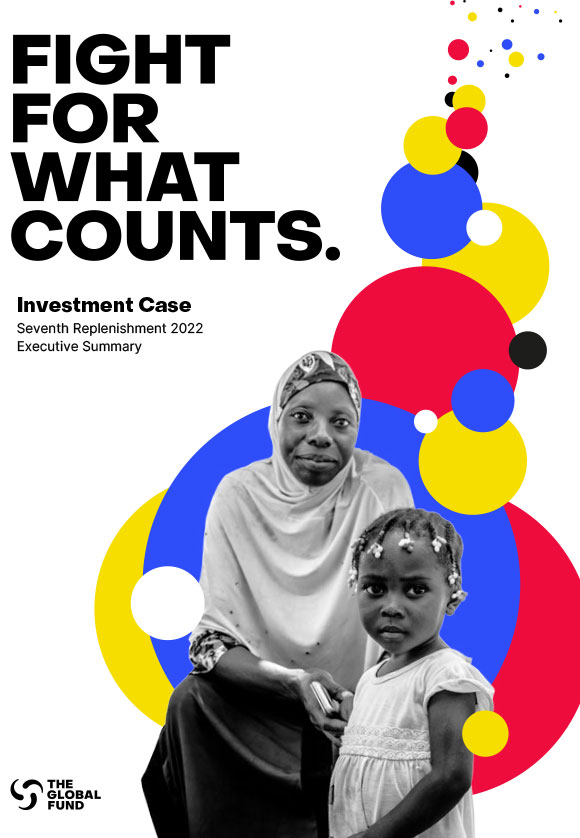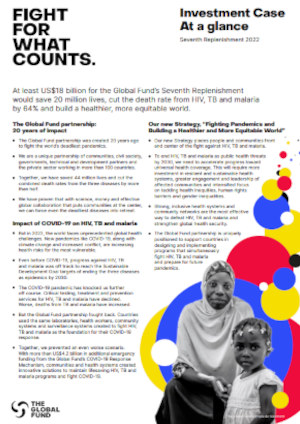Nationwide mosquito net distribution completed in Niger
03 April 2006
Geneva - In an intensive distribution campaign completed last week in Niger, more than 2 million mosquito nets were delivered in two week-long phases, to mothers of children under age 5 throughout the country. With Niger's rainy season due to begin in May, the programme aims to protect 3.5 million children from malaria.
The International Federation of Red Cross and Red Crescent Societies (The International Federation) which acts as the Principal Recipient for a Global Fund grant to Niger, and the Niger Ministry of Health began distributing mosquito nets on December 19, in tandem with a house-to-house effort to vaccinate 'under-fives' against Polio. The initial week of vaccination and bed net distribution in rural Niger was followed by a second 'push' on March 17, through 54 distribution centers in the capital city of Niamey. The campaign made use of a voucher scheme, whereby mothers were presented with a voucher for a free mosquito net once their child had been vaccinated against Polio.
The program is supported in part by an US$11 million Global Fund grant, as well as US$2 million from the Canadian International Development Agency (CIDA) through the Canadian Red Cross and the International Federation's Malaria Initiative. In an example of strong collaboration among partners, additional support for the programme was provided by the Norwegian and American Red Cross societies, Rotary, the Center for Medical Research (CERMES), the Measles Partnership, the Polio Eradication Programme, the Roll Back Malaria Partnership, which include the World Health Organization (WHO), UNICEF, and the Centers for Disease Control and Prevention (CDC).
The campaign also drew upon a clear commitment from the people of Niger, including 3850 Red Cross volunteers and 16,150 other vaccinators and community workers who played an essential role in accessing even the remotest areas of Niger. The Niger Red Cross society will play an essential role in following up that the nets are correctly hung up and used.
With a population of more than twelve million, Niger ranks last of 177 countries measured by the UNDP Human Development Index (2005). Heavily burdened by malaria, ninety-seven percent of Niger's population is at risk for the disease, and children in Niger face an under-five mortality rate among the highest in the world-- 255 per 1000. Supported in part by the Global Fund, Niger's National Malaria Program aims to provide over 90% of its at-risk population with at least one mosquito net per household.
The Global Fund currently supports Niger's efforts to combat malaria through two grants worth US$16 million. A third grant worth up to US$4.6 million for malaria programs was approved in the Global Fund's fifth round of grant approvals last December, and will be signed in coming weeks.
Niger's program to rapidly provide mosquito nets to the vast majority of families in Niger can be seen as a model for similar campaigns to be launched elsewhere in Africa, a significant step toward achieving the Millennium Development Goal of reducing child mortality by two-thirds by 2015.
The Global Fund is a unique global public-private partnership dedicated to attracting and disbursing additional resources to prevent and treat HIV/AIDS, tuberculosis and malaria. This partnership between governments, civil society, the private sector and affected communities represents a new approach to international health financing. The Fund works in close collaboration with other bilateral and multilateral organizations to supplement existing efforts dealing with the three diseases.
Apart from a high standard of technical quality, the Global Fund attaches no conditions to any of its grants. It is not an implementing agency, instead relying on local ownership and planning to ensure that new resources are directed to programs on the frontline of this global effort to reach those most in need. Its performance-based approach to grant-making is designed to ensure that funds are used efficiently and create real change for people and communities. All programs are monitored by independent organizations contracted by the Global Fund to ensure that its funding has an impact in the fight against these three pandemics.
